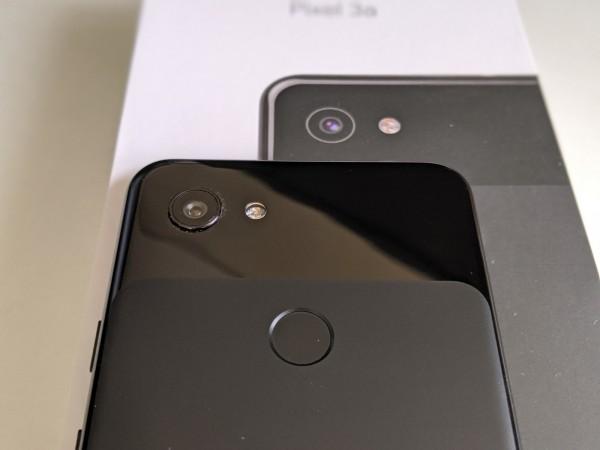At a time when beauty filters in selfies are affecting the overall well-being and mental health of many especially the teenagers and young adults, Google has announced some respite, saying that the face retouching options are available in the camera app of Pixel smartphones but turned off by default.
With Pixel phones, the company has begun to apply new design principles directly within the camera app, starting with the Pixel 4a, the new Pixel 4a (5G) and Pixel 5.
"In an upcoming update, you'll see value-free, descriptive icons and labels for face retouching options," said Vinit Modi, Product Manager at Google.
"And if you choose to use face retouching effects, you'll see more information about how each setting is applied and what changes it makes to your image," Modi said in a blog post on Thursday.
Google said if face retouching filters are on, this should be clearly indicated in the product experience. And when it's off, it should stay off.
Today, more than 70 per cent of photos taken on an Android device use the front-facing camera, and over 24 billion photos have been labeled as selfies in Google Photos.
The tech giant conducted multiple studies on this burning subject and spoke with child and mental health experts from around the world.
It found that when you're not aware that a camera or photo app has applied a filter, the photos can negatively impact mental wellbeing.

These default filters can quietly set a beauty standard that some people compare themselves against.
"To put our research into practice, we created a framework to build and design products that support your wellbeing as well as an intentional relationship with technology," Google informed.
An app that shares Google's viewpoint is Snapchat.
Their default camera experience is always unfiltered, and you have the option to opt-in to lenses.
"Lens Studio also uses value-neutral terms for its facial retouching feature, and is committed to continuing to make improvements in this area," Modi said.
(With inputs from IANS)









